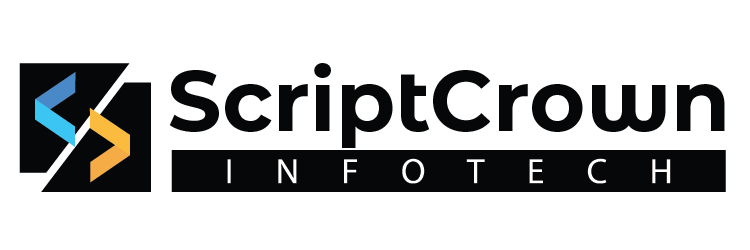Unlocking the Benefits of PHP for Website Development: Why PHP is the Perfect Choice for Building Powerful and Scalable Websites
PHP (Hypertext Preprocessor) is a popular server-side scripting language used for web development. It was originally designed for creating dynamic web pages but has since evolved into a versatile language used for a variety of web applications. Here are some advantages of using PHP to create a website:
Easy to Learn: PHP is easy to learn and understand, even for those who have never programmed before. Its syntax is similar to other programming languages like C and Perl, which makes it easier to pick up. With the extensive documentation available online, learning PHP is even more accessible.
Open-Source: PHP is an open-source language, which means that it is free to use, distribute, and modify. The open-source nature of PHP makes it easy to find support online and benefit from the contributions of a large community of developers.
Platform-Independent: PHP is platform-independent, meaning it can run on multiple operating systems like Windows, Linux, and macOS. This makes it easier for developers to develop web applications without worrying about compatibility issues across different platforms.
Faster Development: PHP has a vast range of built-in functions and libraries that help to speed up the development process. This feature allows developers to create dynamic web pages and web applications with minimal effort.
Scalability: PHP is highly scalable and can handle high-traffic websites with ease. It can handle a large number of concurrent users without slowing down the website’s performance, which makes it ideal for creating large-scale web applications.
Integration with Other Technologies: PHP integrates well with other technologies, including databases like MySQL and web servers like Apache. This allows developers to create robust web applications that interact seamlessly with other systems.
Security: PHP has many built-in security features that help to protect websites from attacks like SQL injection and cross-site scripting. The security features include input validation, data encryption, and session management, among others.
In conclusion, PHP is a versatile language that provides numerous benefits for web development. Its easy-to-learn syntax, open-source nature, platform independence, speed of development, scalability, integration with other technologies, and security features make it an excellent choice for creating dynamic and robust web applications. Therefore, if you are planning to create a website, consider using PHP to take advantage of its benefits.

